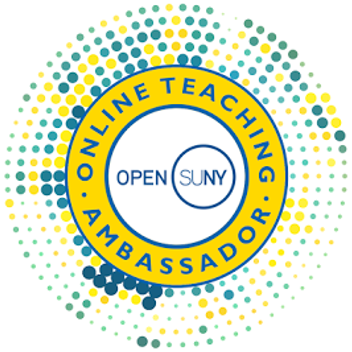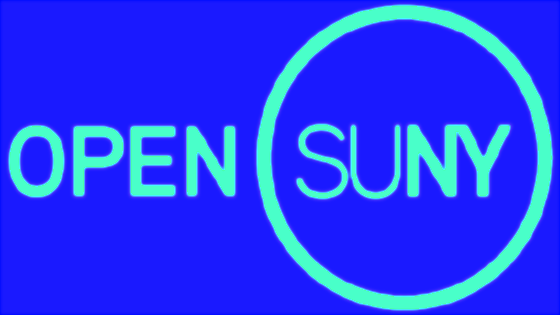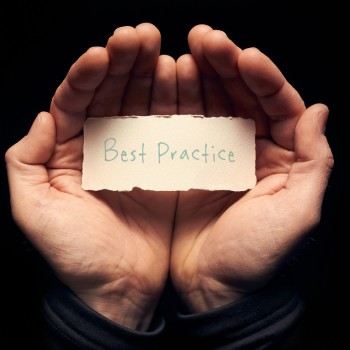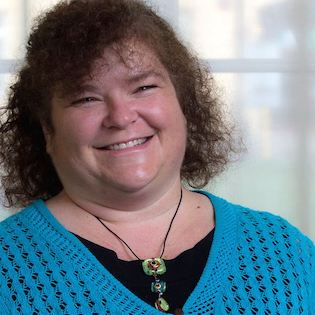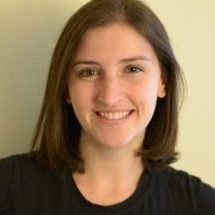Presenter: MaryLou Forward is the executive director of the SUNY center for Collaborative Online International Learning (COIL) .
Day 1 Presentation
Globally Networked Learning through Virtual Exchange
A lot of attention is being paid to the 21st Century Skills students need to be successful. While there’s not yet full consensus on what these are, most lists include important life skills like teamwork and collaboration, problem solving, and communications. At the same time, there’s increasing emphasis on preparing students to work in a multicultural, diverse and globalized world. How do we help students develop these skills along with mastering their curricular content?
The SUNY COIL Center approaches this problem by creating opportunities for students and faculty to connect with their peers in other classrooms around the world to share and apply knowledge in a collaborative, online learning environment that is fully integrated into a course curriculum.
This presentation will allow us to explore how classes have made this connection, the impact it is having on student learning and skills development, and how this particular application of technology-enhanced learning can help us make sure a SUNY education is a globally networked education.




